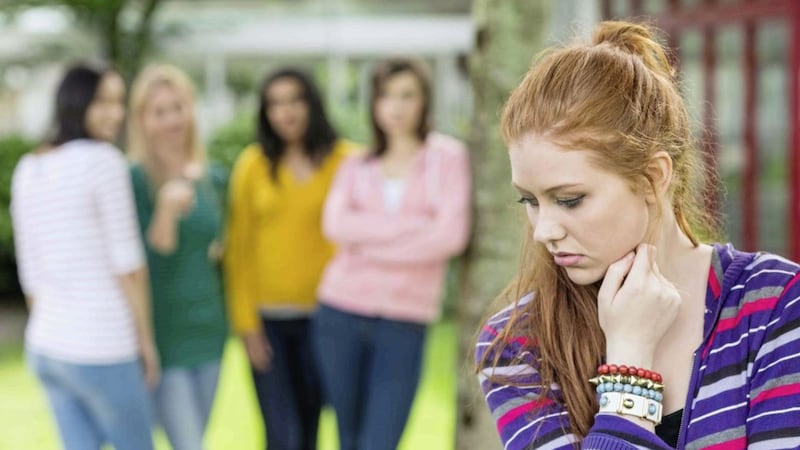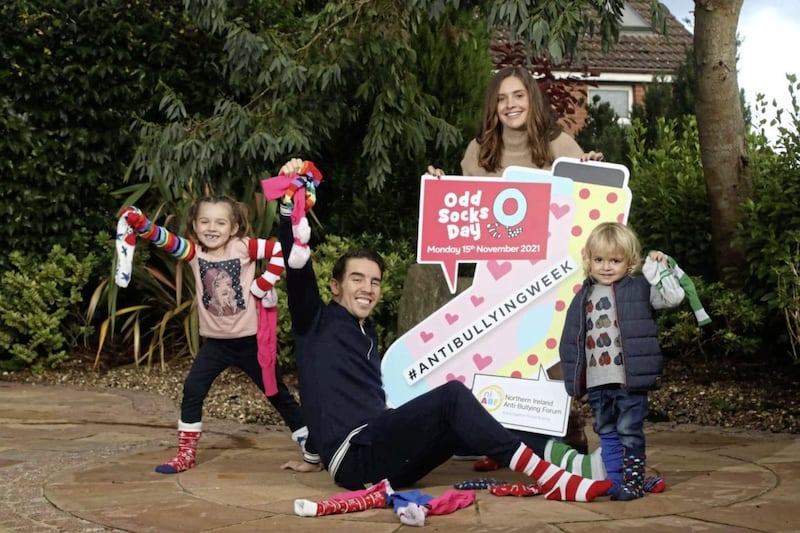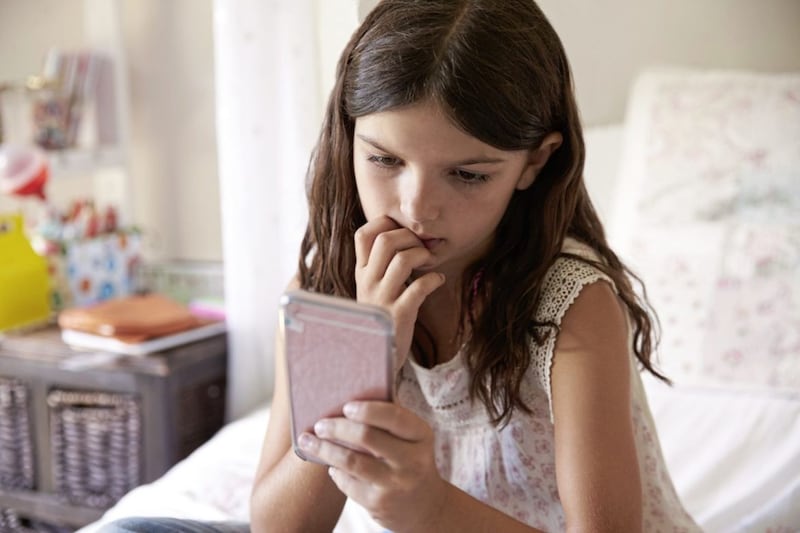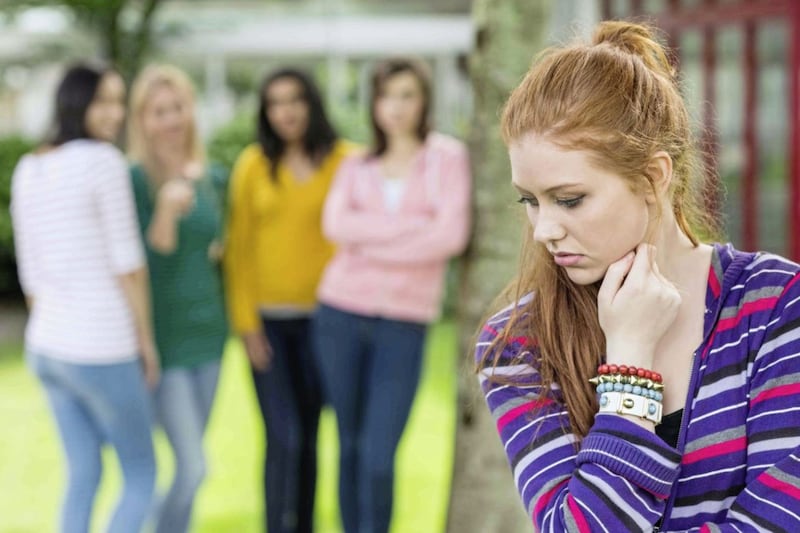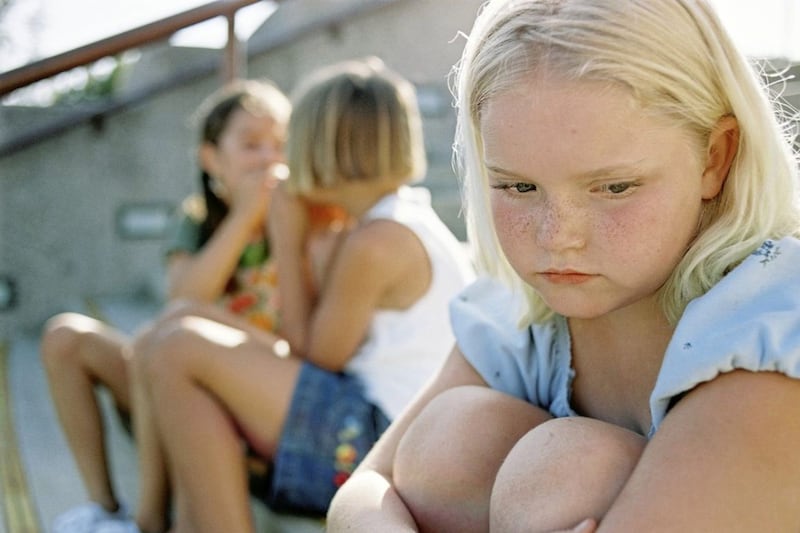CHILDREN have laid bare the stark reality of bullying in schools and communities.
An independent poll commissioned by the Northern Ireland Anti-Bullying Forum revealed that more than half of respondents had been bullied in the last six months.
About a one in three (33 per cent) said they had been picked on a bit while almost a quarter said it happened a lot.
Bullying mostly took place in school or online while others said it occurred on the way to or from school.
The survey questioned children between the ages of 11 and 16.
The findings have been released at the start of Anti-Bullying Week, which runs until November 20.
The campaign, which is in its fifteenth year, is employing a new theme - United Against Bullying - inspired by the cohesiveness of society during the Covid-19 outbreak.
The poll revealed that the number of young people with one good friend or more had dropped since the onset of the pandemic.
Almost three-quarters of those surveyed said they had more than one good friend before the lockdown in March 2020 but that figure has since dropped to 62 per cent.
With more children online, especially on social media sites, 23 per cent said coronavirus had impacted bullying, with worries about higher rates of online bullying escalating.
One young person surveyed said: "I know we have to socially distance from each other during this pandemic, but some of my friends are going out of their way to avoid being anywhere near me. I find it really rude, and I'm actually quite upset."
Another added: "Bullying has now taken a digital form. People who used to get bullied at school are now being bullied at social media sites."
Deirdre McAliskey, assistant director at the National Children's Bureau, said it was disheartening to learn that Covid-19 had made things worse for some children.
"No child should ever feel unsafe or worried and by sharing the findings of this survey, we hope more people will take part in our campaign to protect and promote children's rights and to drive down these harrowing figures," she said.
"Our theme this year is United Against Bullying because now, more than ever, we have experienced the inspirational capacity that society has when it comes together to tackle a common challenge.
"By channelling our power for good, through shared efforts and collective responsibility, we can reduce bullying together. We want children and young people to parents, carers, teachers and politicians to all play a role in uniting against bullying. This is everyone’s business, not just those directly affected."
